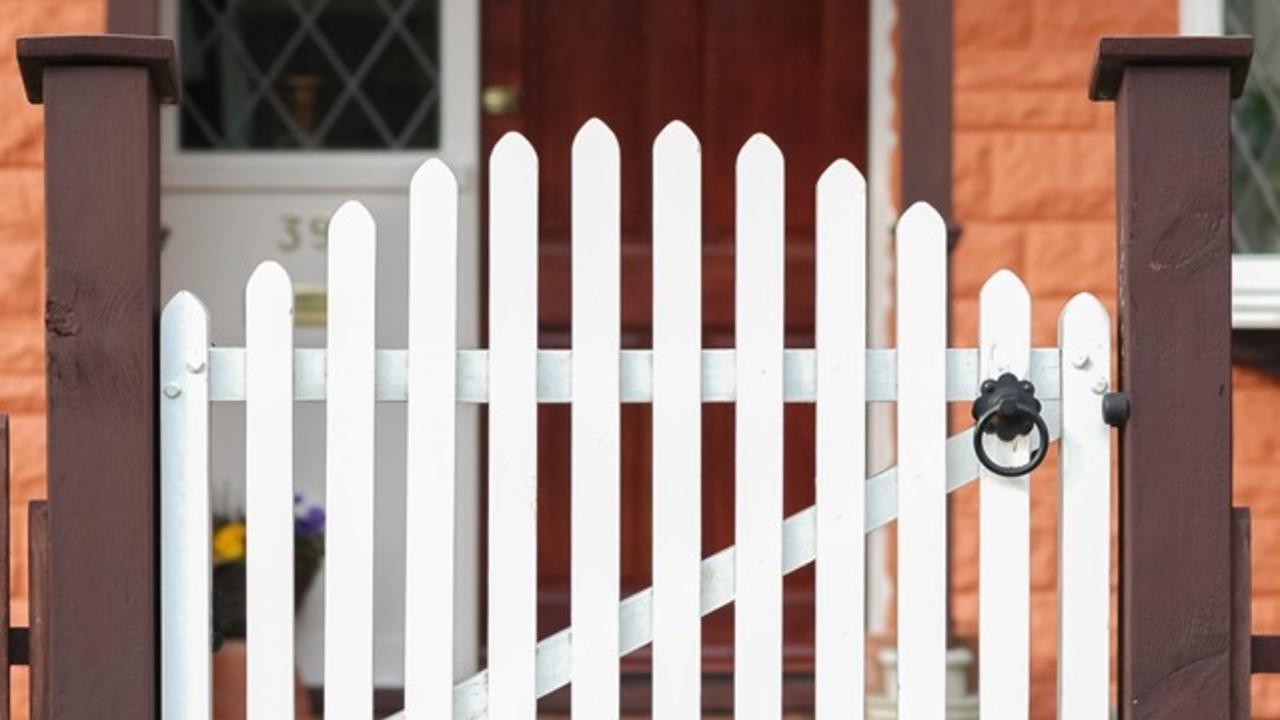
Healthy Relationships Require Healthy Boundaries
Jun 26, 2015By Karen McMahon
We need boundaries to experience healthy loving relationships. Yet so many of us did not grow up in families that exhibited healthy boundaries. In fact, we may have experienced quite the opposite and not even understand what a boundary is. If your relationship is facing crisis, while the complexities are unique, you will almost always find an absence or breakdown of boundaries at the root of the problem.
What are boundaries?
Boundaries are not something we set on another person. Boundaries are about ourselves. Boundaries are about self control.
- Boundaries are about taking ownership for our feelings, behavior and attitude.
- Boundaries are about accepting responsibility for our thoughts and actions.
- Boundaries enable us to realize our freedom from others.
- Boundaries allow us to work through our barriers to love.
- Boundaries are about protection.
Ownership
When we practice healthy boundaries we are not attempting to control anyone else. Rather we are setting healthy parameters for what is acceptable behavior for those we are in relationship with. If we are in a relationship that does not feel good and as a result we feel hurt, angry, insecure, disempowered, we need to own our feelings and choices. If we blame the person we are in relationship with and need them to change in order for us to feel better, we have given over our power. We then see ourselves imprisoned by their actions as if we don’t have the key to become free of the situation.
Someone does not make me feel or act a certain way. I must first own my feelings and actions before I can find my way to resolving the problem.
Responsibility
Boundaries help us determine who is responsible for what. I am completely responsible for my feelings, attitudes, behaviors, choices, limits, desires, thoughts, values, talents and love. Once I take responsibility for what is mine, I am empowered to change (without the other person changing at all). Becoming clear on my part in the conflicts in my relationship opens the possibility for me to take responsibility and action steps to change.
Especially when the problem does not appear to be our fault, we must actively participate in the resolution in order to see change. My partner gambles and constantly leaves us without enough money to pay the bills. No matter how much I make, s/he spends more. I get angry and we fight, but s/he never changes! If you are facing difficulties because of the other person’s behavior, look at your behavior. Is it enabling? Is it controlling? Are you protecting your partner from the consequences of their behavior?
Freedom
When we realize our part in our relationship difficulties, we become free to act in a way that honors our values and how we want to engage in the world. We let go of our controlling, codependent behavior. We no longer have to blame the other person. We can love them where they are without being enmeshed in their troubles. We no longer see their behavior at the effect of our reactions. We can respond in love and acceptance which will provide a loving atmosphere in which they can choose to accept and address or deny and ignore their responsibility for themselves. Each step of the way we can choose to respond in a way that honors our needs and desires.
Love
Love exists where there is freedom. We learn how to love based on our primary intimate relationships...the relationships we saw between our mother and father, and those we had with each of them and our siblings. Most of us grew up with some healthy and some not-so-healthy beliefs and behaviors. When we are in a relationship with healthy boundaries where each partner takes responsibility for themselves, we are given the space to notice our barriers to love and to work through them. When we are free we can be patient and non-reactive to our partner because we understand that their behavior is not about us. This atmosphere provides the space to heal from childhood wounds and grow out of unconscious and unhealthy behaviors while growing in love.
Protection
Just as you have a fence around your property and a front door that locks, so too do we need boundaries in relationships. Creating walls is not creating boundaries...Boundaries need to be permeable...to let in the good and keep out the bad.
If you are in a relationship with an active alcoholic or addict, someone who is abusive or has a personality disorder, it is your responsibility to take care of yourself. If you are being hurt by your partner’s behavior, you need to ask yourself why you are accepting unacceptable behavior. If you are blaming him or her, you are not taking responsibility for your own freedom by setting boundaries that will keep you safe. Furthermore, you are protecting them from the consequences of their behavior and since it is our consequences that often lead us to change, your behavior is not only having a negative effect on your life, it is protecting your partner from facing the consequences of their behavior head on.
This article was written based on the Boundaries books by Dr. Henry Cloud and Dr. John Townsend. You can purchase Boundaries in Marriage, Boundaries in Dating, Boundaries with Teens, Boundaries with Kids and many more.
Chief Visionary: Karen McMahon

Our team of coaches at JBD is passionate about helping men and women navigate the emotional difficulties of relationships, breakups and divorce. We work together with you to open the possibility that your current relationship challenges can lead to a rewarding voyage of self-discovery and an immensely more pleasing life experience. Together we create a path to clarity. Find out if Coaching is right for you, and accept my gift of one FREE session.
Feeling stuck or overwhelmed?
Let’s dive into your unique challenges and create a personalized plan to help you move forward.
This FREE rapid relief call call is your chance to experience the powerful transformation coaching can bring to your life and future!

